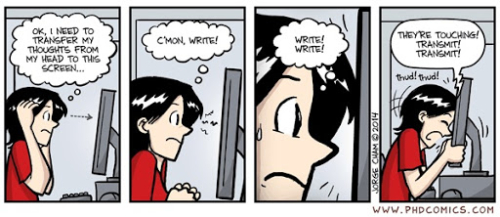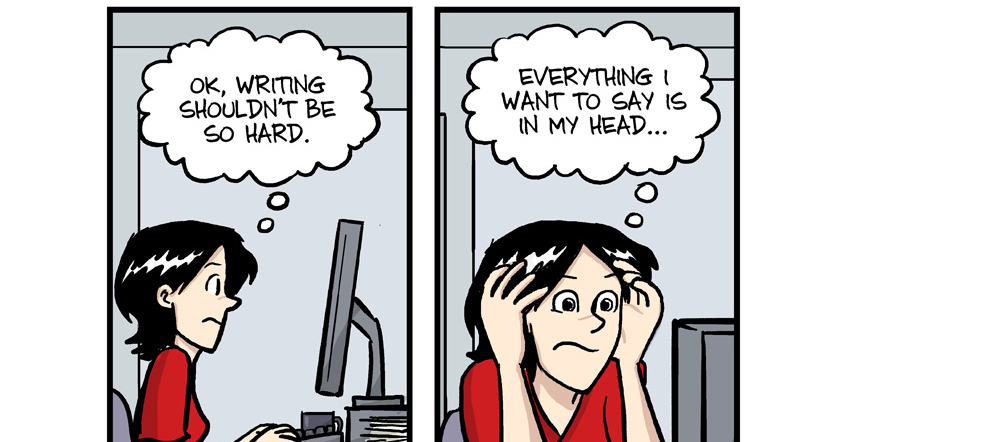May 26, 2021
The Master in Child Studies - Part 5
Hi, reader!This is the last post in the series where I give an overview of all the courses in the Child Studies Master program. As I am graduating from it soon, going back to everything I have learned has been very interesting! I am already feeling a bit nostalgic. 🙂
Children’s Health, Well-being and Development in a Global world is the last “regular course” in the program. In this course, students discuss how ideas on children’s health and well-being have been conceptualized in different ways and how developmental normality and deviance have been influenced by the knowledge produced in various fields.
We looked into policies that target children’s health and well-being, as each student presented to the group one example of a policy implemented to improve children’s health and well-being, or to fight or prevent disease. This was very interesting because we could analyze these policies, discuss the premises in children’s development found in them, how the strategies for implementing the policies position children, teenagers and adults, as well as see similarities and differences in children’s health policies around the world.
Another important discussion in the course was about practitioners listening to children in health care situations and children’s competence to give informed consent to medical treatments or participation in medical research.
The, finally, this:

Source: PhD comics. https://twitter.com/PHDcomics/status/1316345314354233346
There are 4 courses in the program which are thesis-related, two of them are about research methods and epistemology, in short: how to ground your research, conduct it and write about your results. In Child Studies, we write a thesis in the end of year one and another in the end of year 2. This is different from other programs at LiU, and the reason is that in Child Studies, there are two types of degrees. Students have the option of graduating from the Master’s after completing 60 credits (which in Swedish is called magisterexamen) or after completing 120 credits (masterexamen).
In my first-year thesis, I wrote about a controversial bill in Brazil that aimed at differentiating subjects that the schools could teach students, requiring topics such as politics, sexuality and religion to have parent’s approval before they are brought into the classroom. I analyzed which understandings of parent’s rights and children’s rights grounded this bill, as well as how children’s education is defined in the bill’s provisions and how children were positioned in the debates in the Brazilian Congress.
Writing your thesis can be a stressful period, and it was very much a challenge for me. Because I was working alongside the Masters, I decided take the summer to work on it, in order to have more time for my research. However, this meant that while the sun was up and the days were beautiful outside, I was in front of my computer writing and writing.
In the end, I am glad I chose to present my thesis after the summer, because I needed the extra time. I am doing the same this year, due to the same reasons: working alongside the thesis has its benefits, but it impacts the time you have available for it. I’ll not be free during the whole summer, but I’ve learned a lot from last year’s experience and this time I feel more prepared and comfortable with the processes of doing research and writing, so I’ve saved 2 weeks for vacation.
About my current topic: I’m interviewing Brazilian foster care practitioners to understand the perspectives on children’s rights and children’s best interests that underpin the deinstitutionalization of the out-of-home care system in the country. It is a topic that is very dear to me and I am very happy about the work so far. A final word:

https://twitter.com/PHDcomics/status/1327350241947893760




